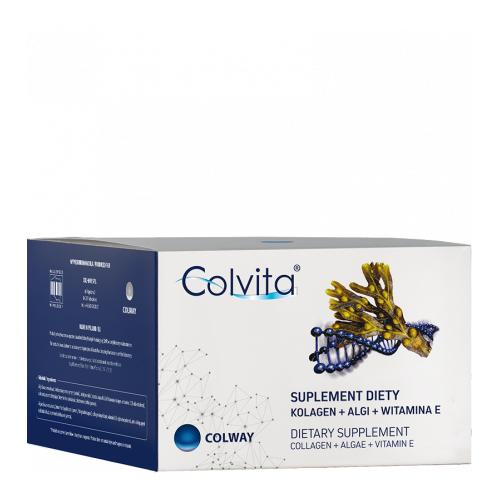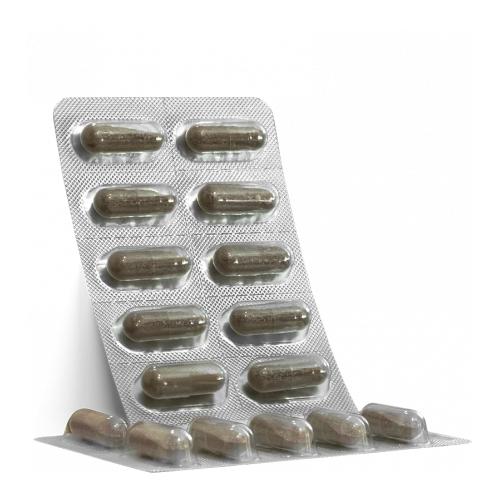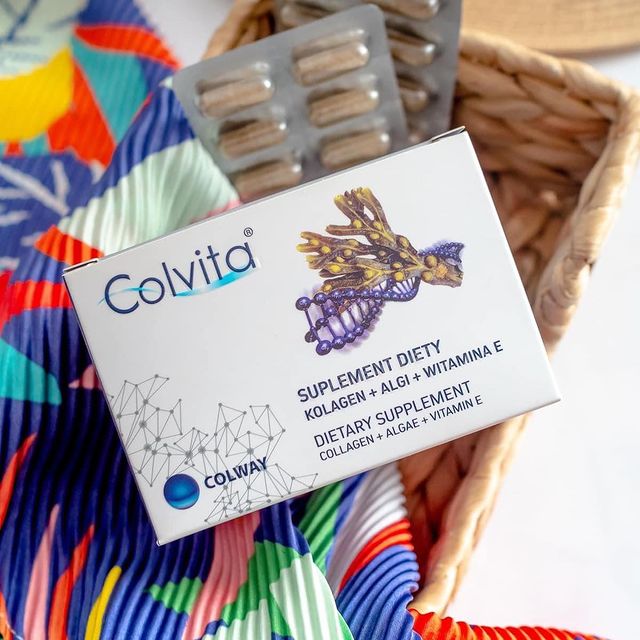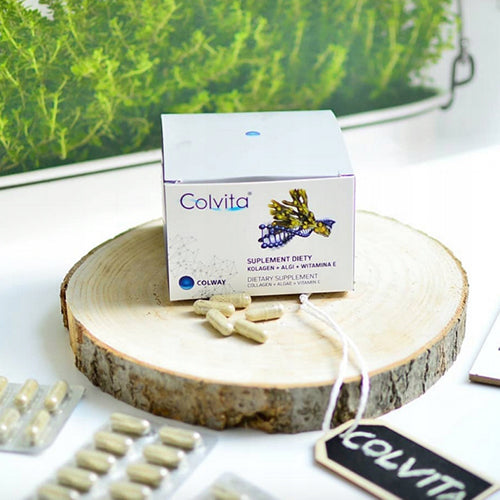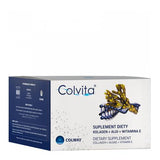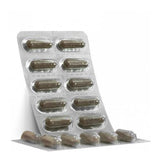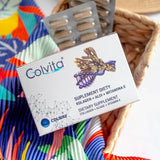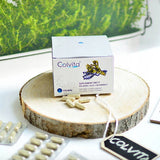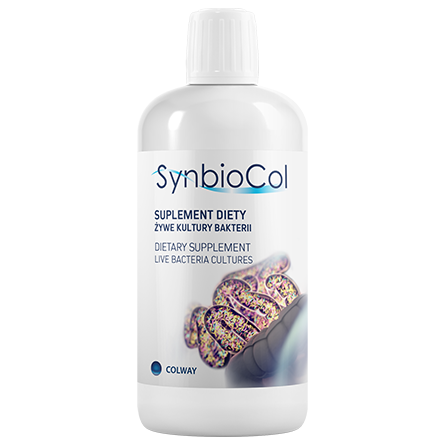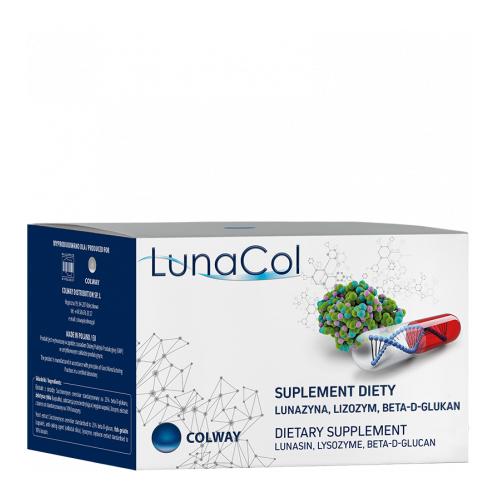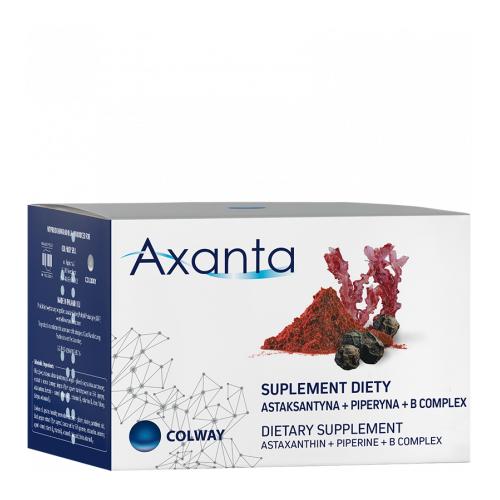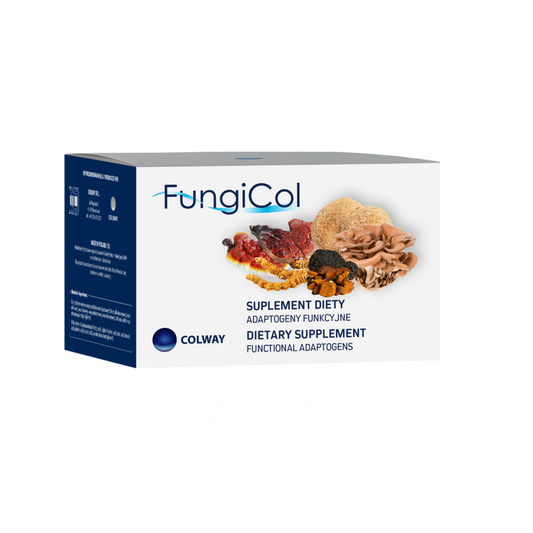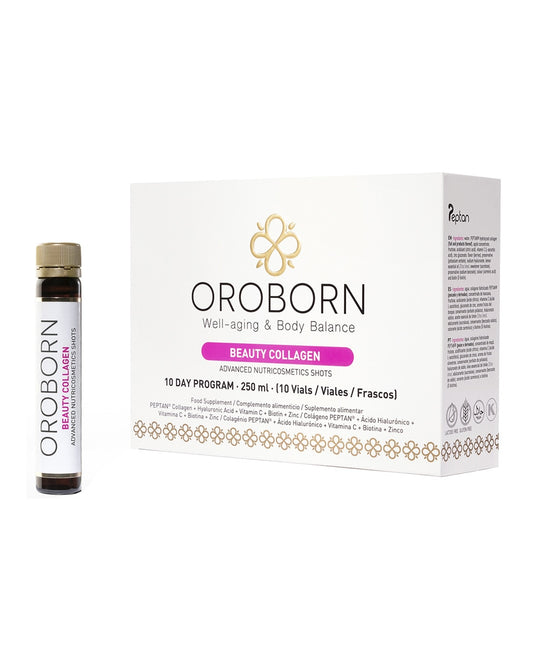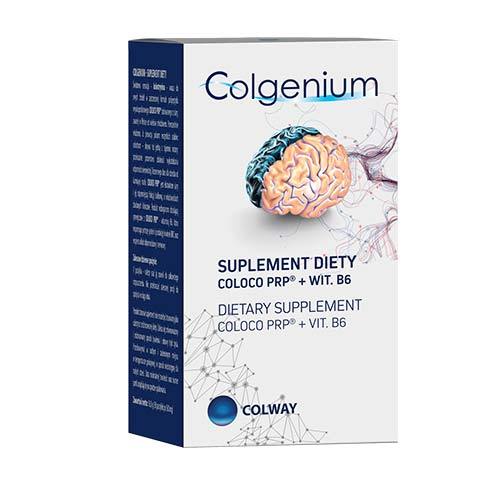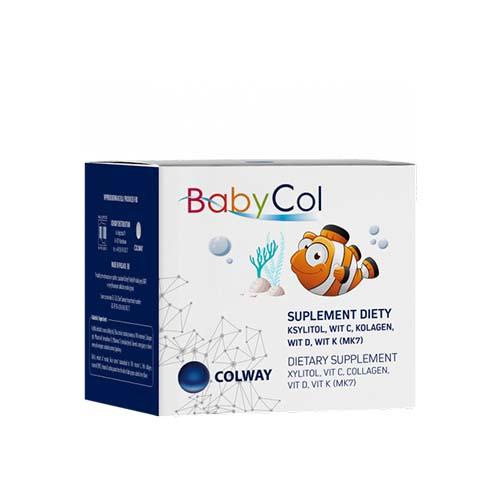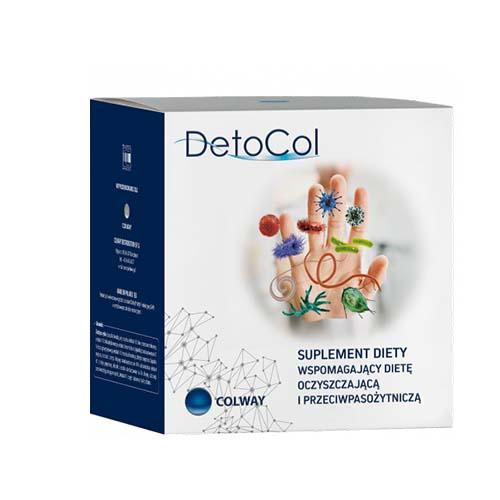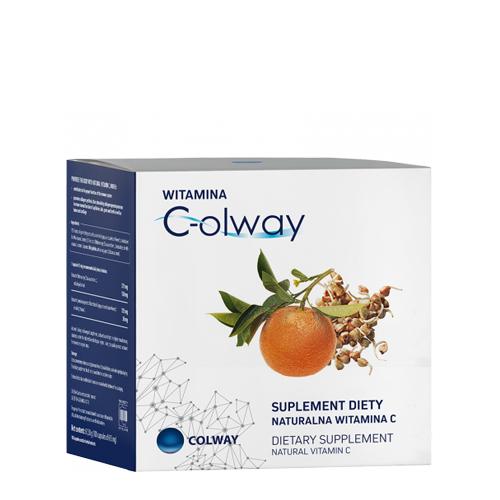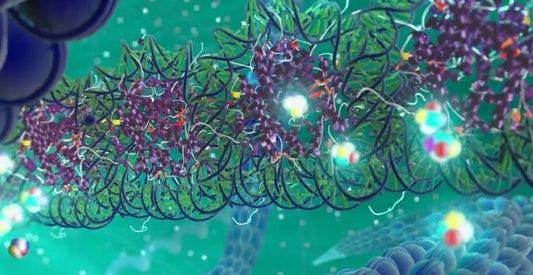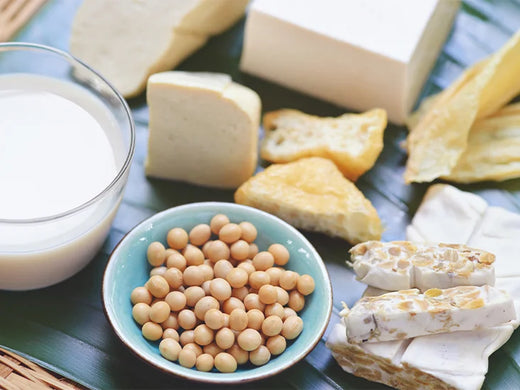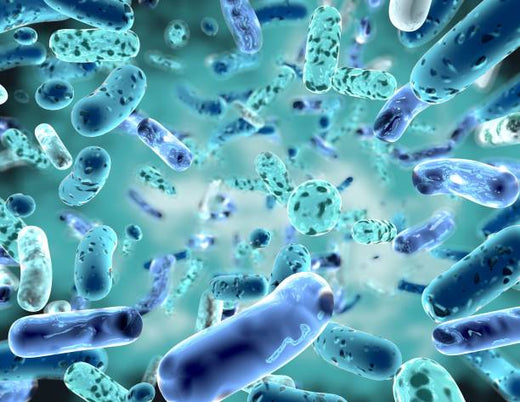Fucus, also known as sea lettuce or sea oak, is a seaweed with many properties and rich in nutrients. This food, which is commonly consumed in Japan and the Anglo-Saxon coasts, is used in other European countries as a food supplement, either in powder or tablet form.
fucus description
The fucus alga, (Fucus vesiculosus), is characterized by its gas-filled vesicles, located in pairs on each side of a midrib. The part that is used is the stem, from which the nutrients are extracted. It is found on the coasts of the North Sea, the west of the Baltic Sea and the Atlantic and Pacific oceans, and it breeds in submerged rocks of the Cantabrian and Atlantic seas, from the Basque Country to Andalusia, particularly in the Galician estuaries.
The nutritional value of fucus
Fucus is a source of vegetable proteins rich in amino acids and has mucilaginous polysaccharides such as algin, fucoidin, lamirano or laminarin and polyphenols.
Proteins and polysaccharides
Contains 8 grams of protein per 100 grams of edible part. Mucilaginous polysaccharides such as algin can reach 18 to 30% of the dry weight of fucus.
minerals and vitamins
This seaweed is rich in mannitol, a carbohydrate with laxative and diuretic properties, and has lipids in the form of glucosyldiacylglycerides. Among its mineral salts, iodine is the major component, and it also contains potassium, bromine, chlorine, magnesium, calcium, iron, sulfur, phosphorus, sodium, and silicon. As for vitamins, it has vitamin A, D, C, E, B1 and small amounts of B12.
fucus properties
Fucus has numerous good properties for our health, which are a direct consequence of its composition.
Laxative and intestinal protector
It is slightly laxative thanks to its mucilage content while protecting the intestinal mucosa. For this reason it is considered a mechanical laxative.
Lipid-lowering and digestive
Fucus lowers the level of blood lipids, exerting a lipid-lowering effect. In addition, by presenting the ability to absorb part of the digestive juice, it decreases stomach acidity.
Remineralizing, absorbing, satiating
Due to its good mineral salt content, fucus is a remineralizing algae. In addition, being able to absorb up to 6 times its weight in water, when it reaches the stomach it increases its volume and gives a feeling of being full.
sugar absorption retarder
Fucus has the ability to slow the absorption of sugars, which can be beneficial for people looking to control their blood sugar levels.
Thyroid gland stimulant
Given its high iodine content, fucus stimulates the thyroid gland, which can be beneficial for people with hypothyroidism.
fucus uses
Given the properties that fucus presents, it is highly indicated to be used in cases of overweight and obesity, rheumatism and arthritis, hyperlipidemia, hypothyroidism, type II diabetes. In external use, it can be used to treat cellulite, wrinkles, stretch marks and flaccid tissues.
Fucus contraindications
The fucus should not be consumed without control since its excess can have harmful effects. It is contraindicated in cases of hyperthyroidism, anxiety, nervousness, insomnia, tachycardia. Its consumption can lead to fetal malformations. It is also contraindicated for people suffering from heart disease, tachycardia and arterial hypertension. It should not be consumed during pregnancy or lactation.
Specific contraindications
It should not be consumed if you are undergoing treatment with thyroid hormones, or if you suffer from heart disease, tachycardia and arterial hypertension. It should not be used during pregnancy since having a large amount of iodine salts can cause adverse effects on the fetus. It should not be taken during lactation since iodine salts can enter breast milk, causing adverse effects on the infant.
drug interaction
Fucus enhances the effect of oral antidiabetics, and can even cause hypoglycemia. It can also potentiate the effects of insulin and lead to hypoglycemia. If fucus is administered at a high dose together with these drugs, it is important to readjust their dose. The presence of mucilage may delay or decrease the oral absorption of other active ingredients. Therefore, if you plan to take fucus and take any type of medication, consult your doctor.
Conclusion
Fucus is an algae with numerous properties and significant nutritional value. Despite the benefits, it is important to consider its contraindications and possible drug interactions before consuming it.
Frequent questions
-
What is fucus? Fucus is a marine algae with numerous properties and rich in nutrients.
-
What are the properties of fucus? Fucus is laxative, intestinal protector, lipid-lowering, digestive, remineralizing, absorbent, satiating, retarding the absorption of sugars and stimulant of the thyroid gland.
-
How is fucus consumed? Fucus can be consumed in powder form, in tablets or in capsules.
-
Are there contraindications to fucus consumption? Yes, fucus is contraindicated in cases of hyperthyroidism, anxiety, nervousness, insomnia, tachycardia, and can lead to fetal malformations. It should not be consumed during pregnancy or lactation.
-
Does fucus interact with some medications? Yes, fucus can enhance the effect of oral antidiabetics and insulin, and can delay or decrease the oral absorption of other active ingredients.





















































































































